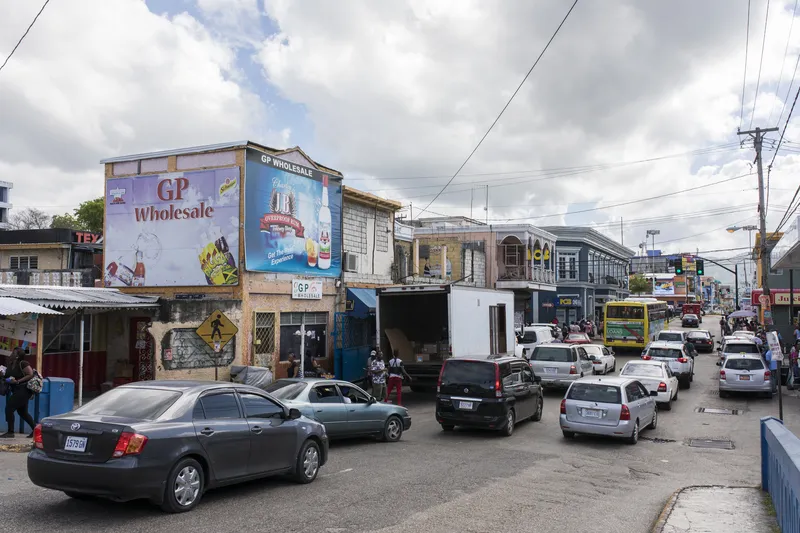
TRL Software has won a contract to improve crash data storage, analysis and reporting with Jamaica's Ministry of Transport and Mining.
Using TRL's web-based accident analysis software system, iMAAP, the ministry intends to streamline the data collection process and define engineering and environmental issues contributing to crashes to improve road safety.
The current crash data collection and analysis system used across Jamaica’s roads is paper-based, but iMAAP's automatic photo, video and data captioning will allow officials to speed up analysis and develop programmes of countermeasures with a realistic set of associated costs and timelines.
The software "will provide extensive insight on crashes on our road network, allowing us to make the right improvements in the right places on our roads to prevent fatal road accidents”, says Deidrie Hudson-Sinclair, director, Road Safety Unit for the ministry.
TRL claims iMAAP has saved 25,000 lives worldwide and that it enables road safety professionals to identify problems based on in-depth analyses of accident data; establish safety goals based on identified problems, which are measurable, realistic and time specific; plan programmes of countermeasures, associated costs and timelines; implement and monitor programmes and to periodically check progress; and evaluate the effectiveness of all interventions implemented.







